Faculty Advisory Board
The board of faculty members and two graduate students reflects the wide range of colleges, schools, and departments across Texas A&M in which our faculty and students engage in research related to the humanities.
Membership
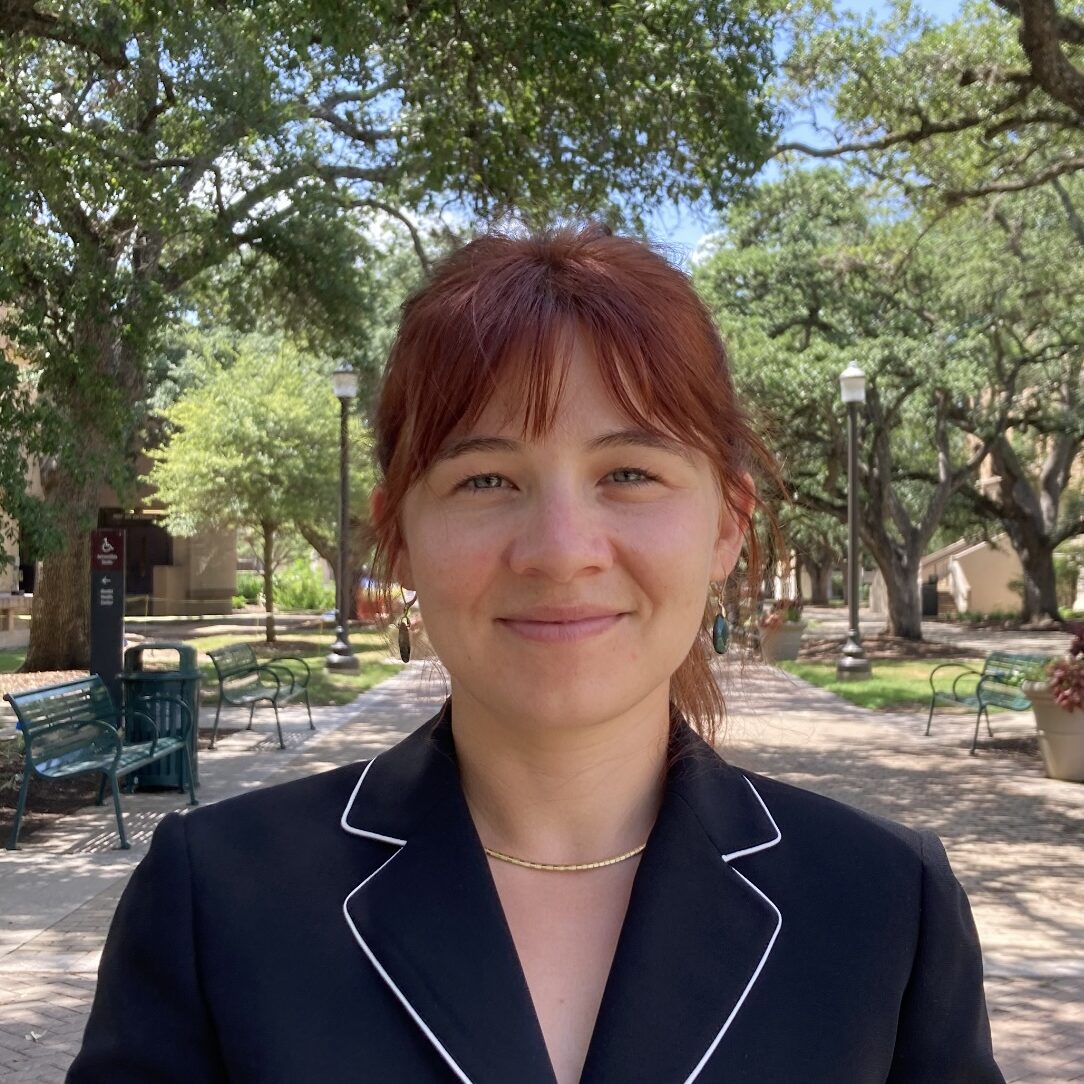
Graduate Student Representative
Haley Burke, Ph.D. Candidate
email | website
Haley Burke is a PhD candidate in the Department of Philosophy at Texas A&M University. Her dissertation project develops a social ontology in response to the problem of plurality as it emerges in persistent world-scale disagreement. Utilizing the resources from hermeneutics and phenomenology, Ms. Burke articulates a new conception of solidarity suited to the contemporary social and political context. Ms. Burke’s research is also concerned with art and aesthetics. In Fall 2023, Ms. Burke received an MA from the Department of English at Texas A&M University, successfully defending her thesis Human Divinity: Situating Nathaniel Hawthorne’s Humanist Aesthetic.
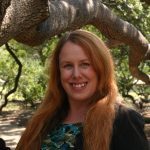
COMMUNICATION & JOURNALISM
Heidi Campbell, Professor
email | website
Heidi A Campbell is Professor of Communication, affiliate faculty in Religious Studies and a Presidential Impact Fellow at Texas A&M University. She teaches undergrad and graduate course in digital media, religious studies and communications. She is also director of the Network for New Media, Religion and Digital Culture Studies, and a pioneer in the study of Digital Religion, which explores how religious belief and practices are performed online and offline within different digital cultures. She has written and edited 11 books including When Religion Meets New Media (Routledge 2010). Playing with Religion in Digital Gaming (Indiana Univ Press, 2016) and Digital Creatives and the Rethinking of Religious Authority (Routledge 2020). She has also published over 100 journal articles and book chapters on themes related to digital media and religion, and has given over 100 keynotes and invited talks on her research as institutions in the USA and abroad. She has been a visiting scholar or fellow with the Caesarea Rothschild Institute for Interdisciplinary Applications of Computer Science at the University of Haifa (Israel), the Institute for Advanced Studies at the University of Durham (UK) and the Center for Advanced Internet Studies in Ruhr University (Germany). She was the 2018 Harron Family Endowed Chair in Communication at Villanova University and has been awarded a Guest Professorship at the University of Bonn for 2023. Dr. Campbell has also received numerous awards for her research and teaching.
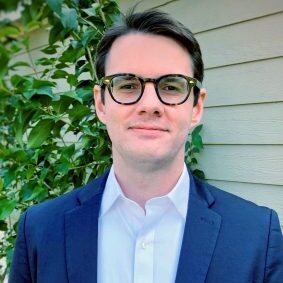
COLLEGE OF PERFORMANCE, VISUALIZATION & FINE ARTS
Visual, Material, and Performance Cultures
Leonardo Cardoso, Associate Professor
email | website
Cardoso’s work focuses on sound as a way to understand how governments operate. His first book, “Sound-Politics in São Paulo” (Oxford University Press, 2019), considers how noise has become a persistent problem in urban centers. The book shows that noise is not just a matter of acoustical engineering and public health but permeates a broad range of issues. In São Paulo, noise emerges in controversies about crime control, religious freedom, spatial segregation, youth leisure, civic engagement, and state accountability. Noise has encroached on São Paulo’s powerful construction, transportation, and entertainment industries.
Cardoso intends to analyze the numerous entanglements between sound and modern statecraft in his current book project. Each chapter in the book analyzes contemporary Brazil from a specific acoustic arrangement, including wiretaps, grenades, sirens, radio, and gunshot detection technology.
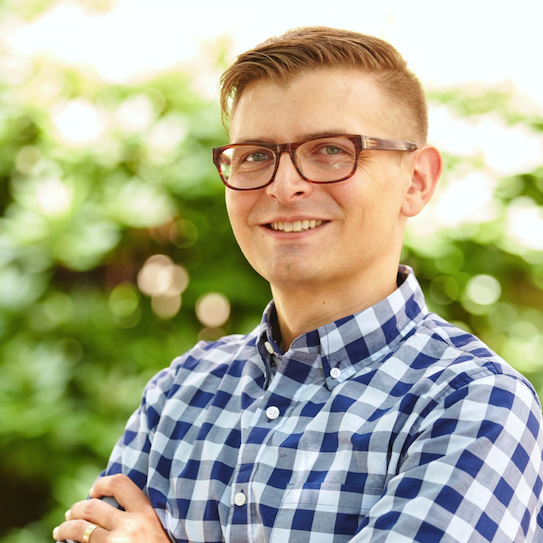
GEOGRAPHY
John Patrick Casellas-Connors, Assistant Professor
email | website
Dr. Casellas Connors is broadly trained as a human-environment geographer. His research addresses the social and political dimensions of environmental management programs and food systems. Utilizing an array of qualitative and quantitative methods, his research explores the ways that humans understand and transform their environments and ultimately are affected by these changes. His current research is particularly focused on how changes in the composition of agricultural productions systems across scales may affect the resilience of food systems and influence outcomes in food security. In addition, he is involved with a project examining wildlife management programs in suburban landscapes, where many species now thrive, but institutions and patterns of land use present distinct challenges for management.
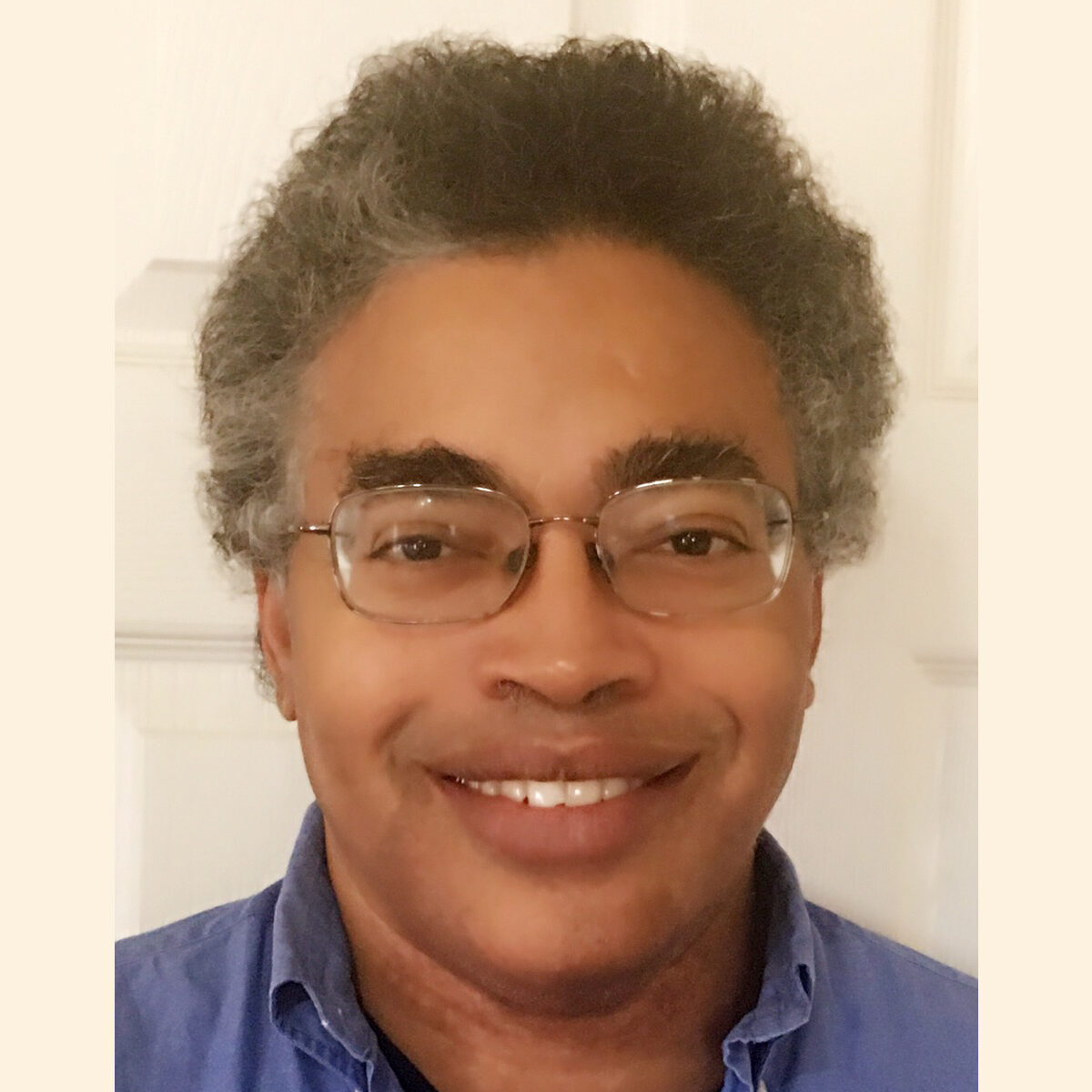
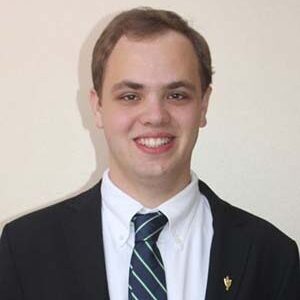
ENGLISH
Michael Collins, Associate Professor
email | website
Dr. Michael Colin's published scholarship explores the relationship between risk, altruism, sibling rivalry and sovereignty as that relationship emerges in works by a range of writers (including Etheridge Knight, Yusef Komunyakaa, Norman Mailer, Ayn Rand, Jacques Derrida, and Dante) and in institutions such as the Group of 77 developing nations. He is currently working on several scholarly and creative projects that extend his exploration of the nexus between risk, altruism, sibling rivalry and sovereignty.
Graduate Student Representative
Noah Crawford, Ph.D. Candidate
email | website
Noah F. Crawford is a PhD candidate at Texas A&M University who studies the social history and military history of the American Civil War era. His research focuses on refugees during that conflict—who they were, how they lived, and the ways in which they influenced the course of the war. His master’s thesis—“’A Matter of Increasing Perplexity’: Public Perception, Treatment, and Military Influence of Refugees in the Shenandoah Valley During the American Civil War”—won the Outstanding Master’s Thesis Award at Virginia Tech. Archival research funding through the Nau Center for Civil War History and the Virginia Center for Civil War Studies yielded conference presentations with the Society for Military History, the East Texas Historical Association, and the Texas State Historical Society. His research demonstrates how refugee studies can serve as a vehicle for synthesizing disparate aspects of Civil War history including race, diplomacy, gender, and military operations.
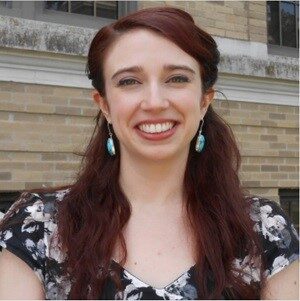
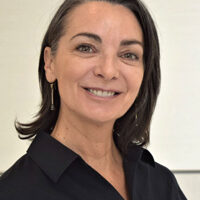
PSYCHOLOGY AND BRAIN SCIENCES
Sara Dowd, Lecturer
email | website
Sara Dowd received her PhD in Social Psychology from Texas A&M University after studying at Baruch College in New York City. Sara is most passionate about teaching and uses her research as a tool to encourage critical and independent thinking, as well as a method of deriving and communicating insight. Deeply interdisciplinary, she believes that the arts and sciences are two sides of the same coin and continuously integrates both into her pedagogical practices.
BUSH SCHOOL OF GOVERNMENT & PUBLIC SERVICE
International Affairs
Carmela Garritano, Associate Professor
email | website
Dr. Carmela Garritano is an associate professor in the Department of International Affairs and an affiliated faculty in the Africana Studies program. Her areas of specialization include African cinema and screen media (with a research focus on Ghana); African cultural and literary studies; and energy humanities.
Dr. Garritano works at the intersection of politics and film and media, and her research has been supported by Fulbright IIE, the West African Research Association, and the US Department of Education’s FLAS program. Trained in African area studies, her writing combines theoretically-grounded inquiry with ethnographic and archival research methods. Her first book African Video Movies and Global Desires: A Ghanaian History (Ohio University Press, 2013) was selected as a Choice Outstanding Academic Title and was awarded The First Book Award by the African Literature Association. Additionally, she is co-editor, with Kenneth W. Harrow, of A Companion to African Cinema (Wiley-Blackwell, 2019), a volume that brings together some of the most exciting writing on African film and media today. Under production at Indiana University Press and expected in 2025 is African Energy World in Film and Media, a book that joins the work of energy humanists in analyzing the cultural and social dimensions of energy forms and systems. Its critique functions as a crucial part of the process of undoing our deep dependence on fossil fuels and advancing equitable energy transition, massively complex undertakings mandated by climate crisis. Dr. Garritano also has published writing on African literature, postcolonialism, and Nollywood. Her work has appeared in The Journal of Cinema and Media Studies, Modern Fiction Studies, Black Camera, The Cambridge Journal of Postcolonial Literary Inquiry, African Studies Review, and Research in African Literatures. She is currently conducting research for a book project on the cultural and political history of plastics—their local production, industrial and commercial uses, as waste, and in contemporary art—in Ghana.
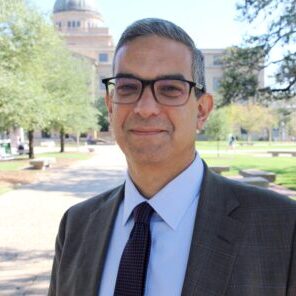
PHILOSOPHY & HUMANITIES
Theodore George, Professor
email | website
Theodore George is Professor of Philosophy and Presidential Impact Fellow at Texas A&M University. His expertise is in hermeneutics, or, the study of interpretation, as well as applied hermeneutics, and, more generally, contemporary continental European philosophy, classical German philosophy, and the philosophy of art and aesthetics. Some of his recent publications include The Responsibility to Understand: Hermeneutical Contours of Ethical Life (Edinburgh University Press, 2020); co-edited with Gert-Jan van der Heiden, The Gadamerian Mind in the Routledge Philosophical Minds series (Routledge, 2021); and the Stanford Encyclopedia of Philosophy entry, “Hermeneutics” (2021). He has also recently completed his first book of poetry, Motherfisher: a haiku-story of grieving in the age of COVID (Alien Buddha Press, 2021). Dr. George’s research has been supported by the Canadian Social Sciences and Humanities Research Council (SSHRC); the Fulbright Commission; the Goethe Institute; the German Academic Exchange Service (DAAD); and the Freiburg Institute for Advanced Studies (FRIAS) at the University of Freiburg, Germany; and, at Texas A&M, by the Presidential Impact Fellows Program; the Rothrock Fellows Program; and the Melbern G. Glasscock Center for Humanities Research, and he is a recipient of the Texas A&M Association of Former Students College-level Teaching Award. His current book project concerns the development of a new, globalist theory of interpretation.
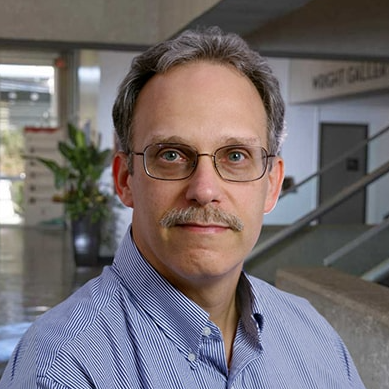
COLLEGE OF ARCHITECTURE
Architecture
Kevin Glowacki, Associate Professor
email | website
An archaeologist and architectural historian, Kevin Glowacki has many years of experience excavating and documenting sites in the Mediterranean. His most recent research focuses on vernacular architecture at the Late Bronze Age-Early Iron Age settlement of Kavousi Vronda and the formative stages of the Bronze Age Minoan city of Gournia, both sites located in eastern Crete (Greece). At Texas A&M, Glowacki is Associate Professor in the Department of Architecture, where he teaches courses in architectural history and heritage of the built environment. He also served as Director of the Center for Heritage Conservation in the TAMU School of Architecture from 2016 to 2021. Glowacki is the recipient of the Award of Excellence in Undergraduate Teaching from the Archaeological Institute of America, the ING Professor of Excellence Award, and the Montague-Center for Teaching Excellence Award from Texas A&M University. He has been a Faculty Fellow of the Center for Heritage Conservation since 2006 and served as co-editor of Preservation Education and Research, the journal of the National Council for Preservation Education from 2009 to 2012.
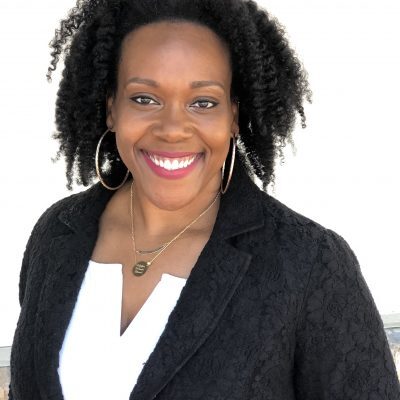
COLLEGE OF EDUCATION & HUMAN DEVELOPMENT
Teaching, Learning & Culture
ArCasia James-Gallaway, Assistant Professor
email | website
ArCasia D. James-Gallaway is an assistant professor in the Department of Teaching, Learning and Culture at Texas A&M University. As an interdisciplinary historian of education, she examines and illuminates African American struggles for educational justice, and her scholarship follows three interrelated strands of analysis: 1) the history of African American education, 2) Black history education, and 3) gendered (anti)Blackness in education. James-Gallaway’s research engages oral history methodology, critical race theory, Black feminist theory, and critical geographies of race and has been supported by organizations such as the Ford Foundation. She has published her work in more than two dozen book-chapters and peer-reviewed journal articles, including History of Education Quarterly; Race Ethnicity and Education; Paedagogica Historica, Oral History Review, and Journal of Black Studies.
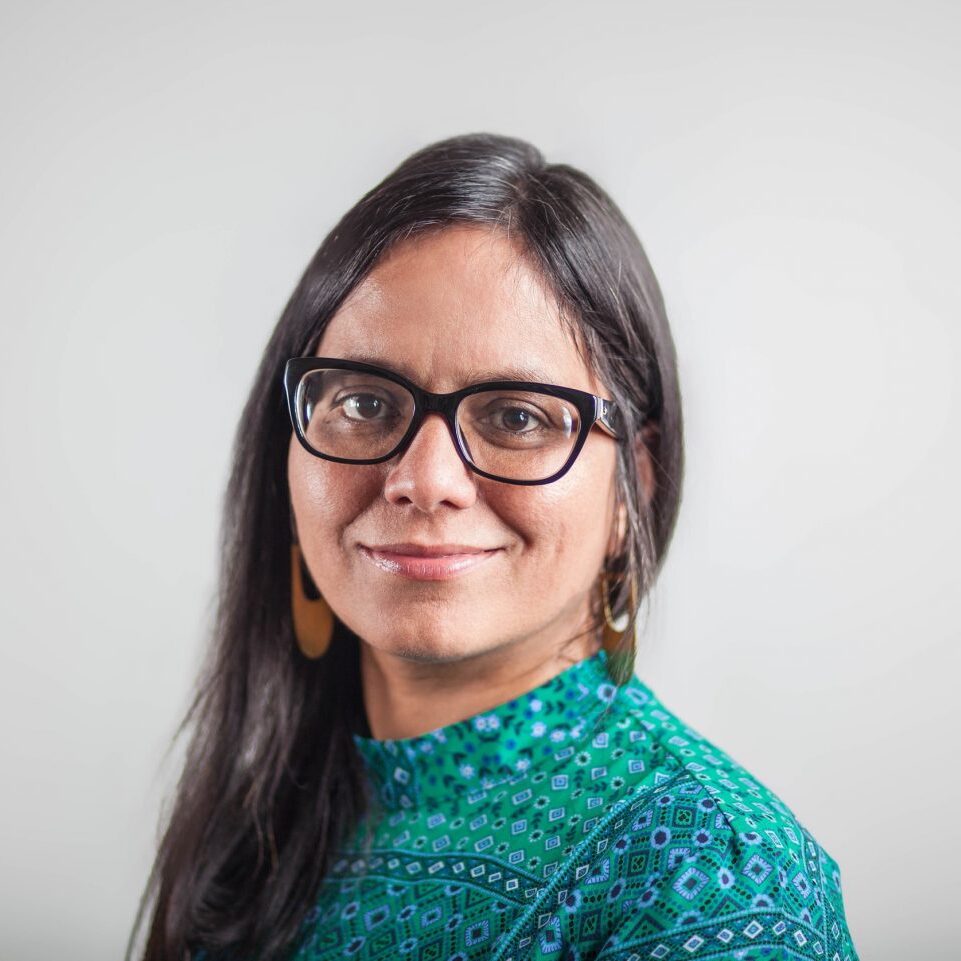
SOCIOLOGY
Chaitanya Lakkimsetti, Associate Professor
email | website
Professor Chaitanya Lakkimsetti’s work centers on gender, sexuality, law and citizenship. In her empirical and theoretical work, she employs transnational and intersectional approaches to study sexual and gender inequalities in a global context.
Her book Legalizing Sex: Sexual Minorities, AIDS and Citizenship in India (Forthcoming, NYU press) and related articles (published in Signs and Qualitative Sociology) examine how sexual and gender minorities demand legal and political citizenship in contemporary India. More particularly she examines how the global HIV/AIDS crisis has transformed the relationship between gender and sexual minorities and the Indian state. She deploys Foucauldian lens of biopolitics and postcolonial understandings of the state to understand these contemporary transformations. Her work brings to light contemporary struggles for social justice (including the successful struggles against the colonial era anti-sodomy law) undertaken by sex workers and LGBTQ groups in India.
Dr. Lakkimsetti’s second project on urban inequalities and intimate labor takes a transnational feminist lens to theorize marginalization of women from sexual labor in establishments called dance bars in the state of Maharashtra. Her work (published in Sexualities and positions: asia critique) highlights that that in the context of growing urban inequalities poor and marginalized women also experience “moral dispossession” as sexual labor is stigmatized and criminalized.
In collaboration with her colleague Dr. Vanita Reddy (English Department) she is working on a comparative project on #metoo movements in India and the U.S. The goal of this project is to develop comparative frame works to theorize feminist movements in a transnational context.
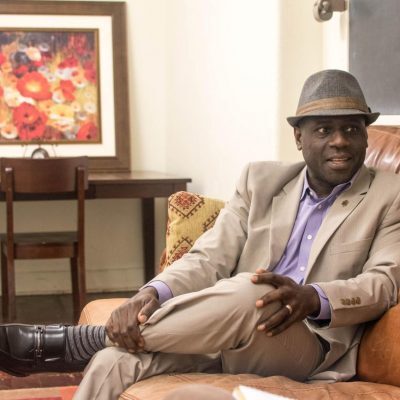
GLOBAL LANGUAGES AND CULTURES
Alain Lawo-Sukam, Associate Professor
email | website
Dr. Alain Lawo-Sukam is an Associate Professor of Hispanic and Africana Studies, and Coordinator of Africana Studies program in the Department of Global Languages and Cultures. He is the author of La poesía de Guinea Ecuatorial en su contexto colonial y (trans)nacional (2019) and Hacia una poética afro-colombiana: el caso del Pacífico (2010), the creative writing books Mange-Mil y sus historias de tierra caliente (2017) and Sueño con África. Dream of Africa. Rêve d’Afrique (2013). He has published numerous articles in national and international peer reviewed journals. He is a member of several editorial boards, and has served as manuscript reviewer for many national and international journals. He is a recipient of numerous grants and awards; among the most recent are the Humanities & Arts Fellows program, College of Liberal Arts’ Achievements in Climate and Inclusion Award (ACI), AFS College-Level Distinguished Achievement Award for Teaching, Glasscock Research Publication, the Hispanic Studies Research Enhancement and High Impact Research Grants.
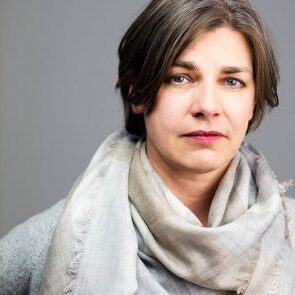
COLLEGE OF PERFORMANCE, VISUALIZATION & FINE ARTS
Art History
Dawna Schuld, Associate Professor
email | website
Dawna Schuld is Associate Professor of Modern and Contemporary Art History in the School of Performance, Visualization & Fine Art. Her research concentrates on points of intersection between art, technology, and biology, with an emphasis on how the perceptual phenomena of human experience are implemented in art. She is the author of Minimal Conditions: Light, Space, and Subjectivity (The University of California Press, 2018), and co-editor (with Cristina Albu) of Perception and Agency in Shared Spaces of Contemporary Art (Routledge, 2018). For her work, Dr. Schuld has been awarded Dana and David Dornsife Research Fellow at the Huntington Library Pasadena, California and a Senior Research Fellowship at the Henry Moore Institute in Leeds.
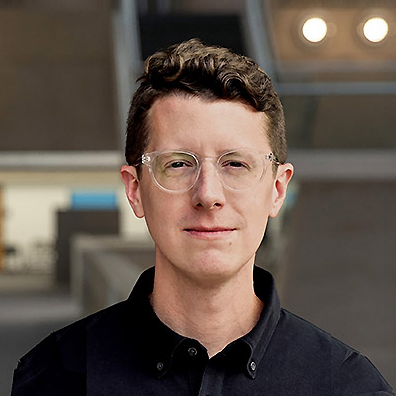
COLLEGE OF ARCHITECTURE
Architecture
Zachary Stewart, Associate Professor
email | website
Zachary Stewart is an architectural historian with dual training in the fields of architecture and art history. He specializes in the material culture of medieval Europe. His research focuses on the buildings, cities, and landscapes of medieval Britain.
Stewart’s current book project, Collaborative Gothic: Building the Parish Church in Late Medieval England, investigates the parish church as a vehicle for innovative material production during the two centuries between the Black Death and the Reformation. His research on this and numerous other aspects of medieval building culture has appeared in The Journal of Architectural Education, Speculum, Different Visions, The Journal of the Society of Architectural Historians, and The Antiquaries Journal as well as in numerous edited collections.
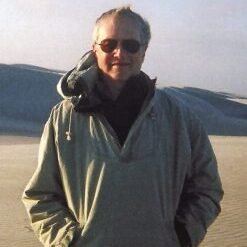
ANTHROPOLOGY
Shelley Wachsmann, Professor
email | website
Shelley Wachsmann is the Meadows Professor of Biblical Archaeology in the Department of Anthropology at Texas A&M University. His research focuses on ship iconography of the eastern, ancient Mediterranean. Additionally, he is interested in the potential of deep-submergence archaeology. These areas of expertise have allowed Dr. Wachsmann to lead several field projects throughout the Mediterranean Sea. His most recent field work was through the Ioppa Maritima Project, a deep-sea survey of shipwrecks in Israel. Furthermore, he has authored several books and articles, including The Gurob Ship-Cart Model and Its Mediterranean Context (2013), and Understanding the Boat from the Time of Jesus: Galilean Seafaring (2015).
